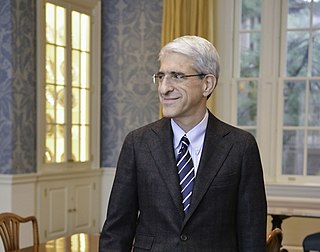A Quote by Justin Menkes
There is a common misconception that intelligence is synonymous with IQ. "Intelligence Quotient" or IQ was originally built to predict the academic aptitude of schoolchildren, and is nothing more than a measure of the skills needed for academic success. Intelligence, however, is a much broader concept that encompasses a person's level of skill for any of a number of subjects.
Related Quotes
I think in the coming decade we will see well-conducted research demonstrating that emotional skills and competencies predict positive outcomes at home with one's family, in school, and at work. The real challenge is to show that emotional intelligence matters over-and-above psychological constructs that have been measured for decades like personality and IQ. I believe that emotional intelligence holds this promise.
Cognitive skills such as big-picture thinking and long-term vision were particularly important. But when I calculated the ratio of technical skills, IQ, and emotional intelligence as ingredients of excellent performance, emotional intelligence proved to be twice as important as the others for jobs at all levels.
Develop all four intelligences. PQ (physical intelligence) which represents 70 trillion cells that fight disease and digest your breakfast. IQ (intellectual intelligence) EQ (emotional intelligence) the sensing and wisdom of the heart - - and SQ (spiritual intelligence) having to do with meaning, purpose and integrity around your selected value system and your believed source. When combined, they change the world for good.
The mind is a mechanism. It has no intelligence. The mind is a bio-computer. How can it have any intelligence? It has skill, but it has no intelligence; it has a functional utility, but it has no awareness. It is a robot; it works well but don`t listen to it too much because then you will lose your inner intelligence. Then it is as if you are asking a machine to guide you, lead you. You are asking a machine which has nothing original in it.
Intelligences are enhanced when a person is engaged in activities that involve the exercise of that intelligence. It helps to have good teachers, ample resources, and personal motivation. Anyone can improve any intelligence; but it is easier to improve the intelligence if those factors are available and if you have high potential in that intelligence.
































